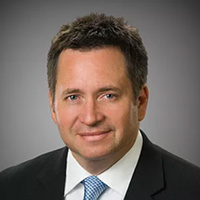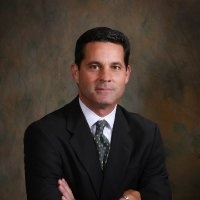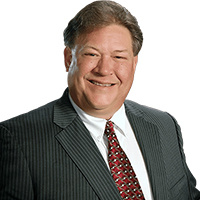Greenwood White Collar Crime Lawyer, Louisiana
Sponsored Law Firm
-
 x
x

Click For More Info:
-
The Law Offices of Richard L. Cooper, P.A.
848 Brickell Avenue Suite 800 Miami, FL 33131» view mapDWI/DUI, Drug Trafficking, Felony Nationally Ranked Top 40 Under 40
With Richard L. Cooper you can expect a trusted confidant who will work diligently to fully understand your case and determine a road map to help you regain control of your life.
800-756-2781
Not enough matches for Greenwood White Collar Crime lawyer.
Below are all Greenwood Criminal lawyers.
J Ransdell Keene
✓ VERIFIEDPracticing law for more than 40 years, J. Ransdell Keene is a trusted legal ally for clients throughout the Shreveport area and across Louisiana. As a... (more)
J. Dhu Thompson
✓ VERIFIEDDhu Thompson is a criminal defense, family law, and catastrophic injury lawyer in Louisiana. After graduating from Southern University Law School in 2... (more)
Thomas A. Bordelon
✓ VERIFIEDTHOMAS A. BORDELON was born in San Antonio, Texas on December 6, 1959. Mr. Bordelon graduated cum laude from Louisiana State University at Shreveport... (more)
Mark Daniel Frederick
✓ VERIFIEDMark D. Frederick has over 20 years of legal experience, enabling him to handle the demands of your case regardless of the complexities involved. As y... (more)
Ginger W. Johnson
Paul J Carmouche
FREE CONSULTATION
CONTACT
 Richard L. Cooper Miami, FL
Richard L. Cooper Miami, FL AboutMiami Attorney at Law
AboutMiami Attorney at Law ServicesCriminal Defense
ServicesCriminal Defense




